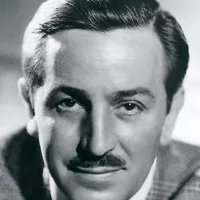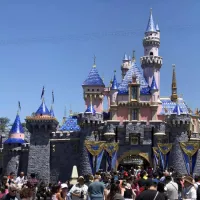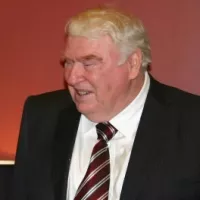Star Wars, created by George Lucas starting with the 1977 film, is a highly successful American space opera franchise and pop culture phenomenon. It encompasses films, television series, video games, novels, comic books, theme park attractions, and more, creating a vast fictional universe. It is one of the highest-grossing media franchises of all time.
Mentioned in this timeline

Nintendo is a Japanese multinational video game company based in...
Marvel Comics founded in as Timely Comics by Martin Goodman...

Walter Elias Disney was a highly influential American animator film...

Disneyland located in Anaheim California is the first theme park...

John Madden was a highly successful NFL coach and commentator...
Japan is an East Asian island country located in the...
Trending

35 minutes ago Vince McMahon Involved in 100 MPH Car Crash; Police Video Released.

35 minutes ago Vanessa Bryant Honored; Natalia Stuns; New Philanthropy Milestone To Honors Kobe

11 months ago DeChambeau at Masters, Leishman wins LIV Miami, DeChambeau regrets Augusta comment.

2 hours ago Daniil Medvedev faces Jenson Brooksby at ATP Dubai: Predictions and Odds
The term 'monkey' generally refers to most mammals within the infraorder Simiiformes also known as simians Historically all simians excluding...

4 hours ago Kalshi Investigates MrBeast Editor for Insider Trading and Illegal Betting on Videos
Popular

Jesse Jackson is an American civil rights activist politician and...

Susan Rice is an American diplomat and public official prominent...

Barack Obama the th U S President - was the...

XXXTentacion born Jahseh Dwayne Ricardo Onfroy was a controversial yet...

Michael Joseph Jackson the King of Pop was a highly...

Michael Jordan widely considered one of basketball's greatest players significantly...